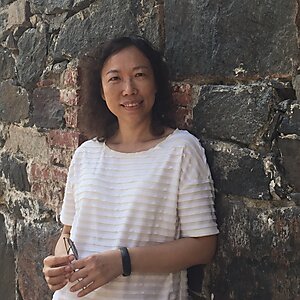Thomas Mann's ambition to go out into the world went hand in hand with his open opposition to the Nazi regime, which led him into exile where he was often caught in the crossfire of his political stance. Born into a family of merchants in Lübeck, he was proud to belong to the German bourgeoisie. He was fascinated by Goethe, Nietzsche and Wagner. As a member of the German bourgeoisie, however, he could not easily reveal his true feelings. Only his writings, diaries and letters shed light on his lifelong repressed homosexual inclinations and his desire for recognition.
Thomas Mann's great works are often monumental and obscure. He wrote stories of catastrophic events that many readers cannot relate to or find difficult to endure. It is often overlooked that in his artistic endeavours and mythological works he was trying to escape his temptation. It is precisely this 'temptation' that is the main theme of his work.
In this event, the audience will get to know Thomas Mann's life and work through the two works translated into traditional Chinese, 'Death in Venice' and 'Doctor Faustus'.






